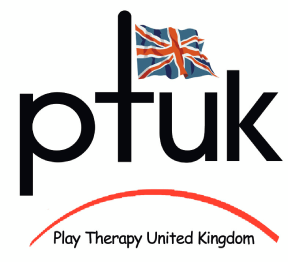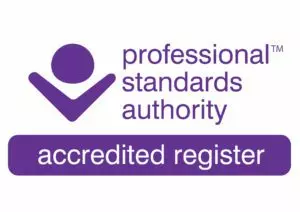CERTIFIED PLAY THERAPIST
WHAT IS PLAY THERAPY?
TONBRIDGE WEST KENT

Play is a natural part of children’s lives. The toys are their words, play their language.
Play Therapy provides a safe environment for children to work through what is troubling them. It uses a variety of tools such as clay, puppets, sand, art, craft and drama to help children resolve their difficulties.
who can benefit from play therapy?
I work with children that have a range of difficulties including:
- Separated or divorced home environment
- Abuse or neglect
- Bereavement
- Being bullied or bullying
- Behavioural difficulties
- Emotional difficulties such as anxiety, low self-esteem or aggression
- Trauma
- Problems socialising
Play therapy is beneficial for children facing a range of emotional, behavioural, or developmental challenges.
It’s particularly effective for those who have experienced trauma, struggle with anxiety or depression, or have difficulties with social interaction.
Children with behavioural issues, such as aggression or withdrawal, also find play therapy helpful. It provides a non-threatening way to explore feelings and learn new coping strategies, making it a valuable tool in supporting children’s mental health and emotional well-being.
what happens during the child’s sessions?
Each session takes place at the same time each week and lasts for 40 minutes.
These are fitted around lessons and the school timetable as much as possible.
In my sessions as a play therapist, each child’s experience is unique, tailored to their individual needs. The session typically involves a variety of play and creative arts activities. These may include drawing, storytelling, or role-playing, which encourage the child to express their thoughts and feelings.
The environment is safe and confidential, allowing the child to explore and understand their emotions without judgement. My role is to guide and support them through this process, helping them to develop healthier emotional responses and behaviours.
As a Certified Play Therapist I build a trusting relationship with the children, interacting with them in their play to help make sense of their world.
Individual sessions are initially non-directive, meaning that the children choose their own activities and lead the session, directive activities are offered after an assessment period. Group sessions are more directive and for children experiencing similar difficulties.
How Does Play Therapy Work?
Play therapy is particularly effective with children who cannot, or do not want to talk about their problems.
As a play therapist, I use the natural medium of play to help children communicate their feelings and experiences. This therapy enables children to express themselves in a way that is comfortable and familiar to them, often beyond what words can convey.
Through creative play, they explore emotions, develop coping mechanisms, and improve their communication skills. This process aids in their emotional healing and personal growth, making it a vital tool in addressing a range of emotional and behavioural issues in children.



